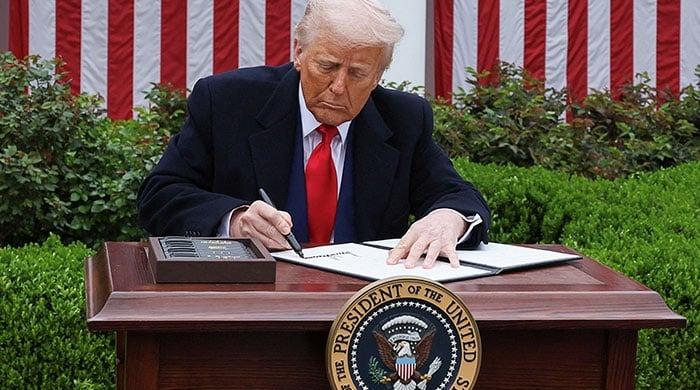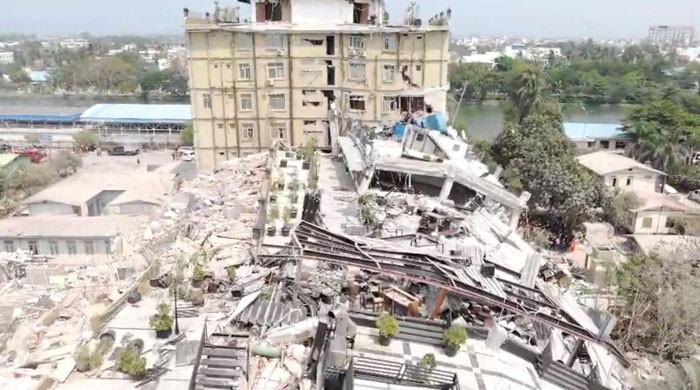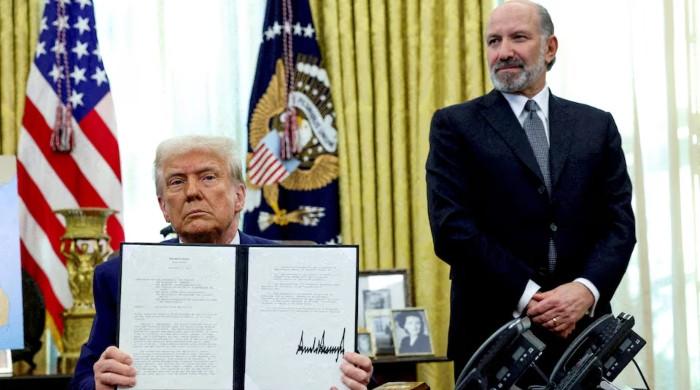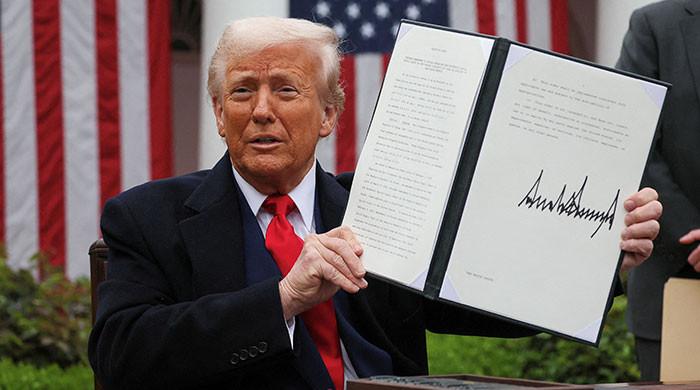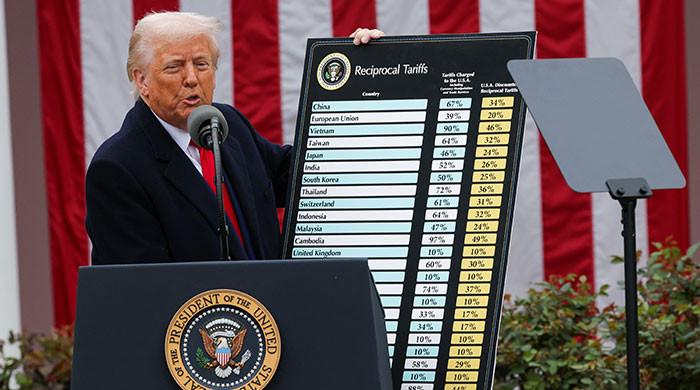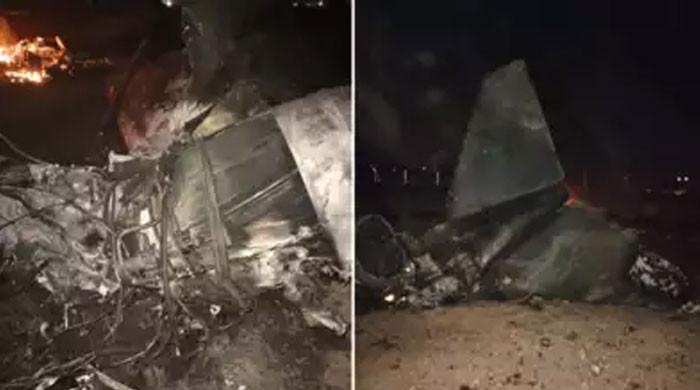Iran president demands US 'guarantees' on nuclear deal
"We cannot trust the Americans because of the behaviour that we have already seen from them," said Iranian President
September 19, 2022
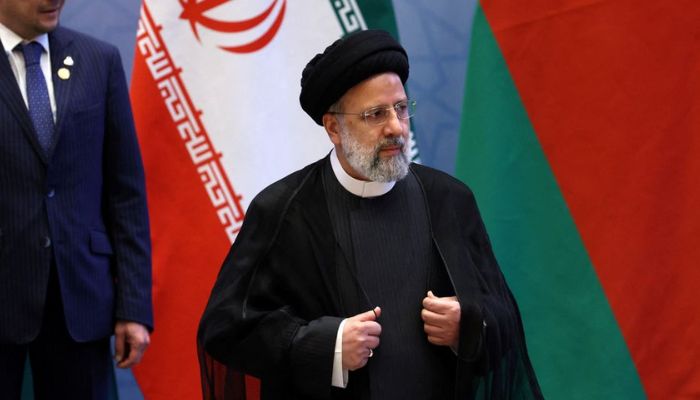
- Western hopes fading for restoration of 2015 agreement.
- We cannot trust Americans, says Iranian President.
- In early August EU official said progress was being made on obstacles.
Iranian President Ebrahim Raisi demanded US "guarantees" it will not withdraw again from a nuclear deal if it is revived ahead of his debut visit to the United Nations.
With Western hopes fading for restoration of the landmark 2015 agreement with world powers, the hardline cleric said in a US television interview that he would still back a "good deal and a fair deal".
But he said: "It needs to be lasting. There needs to be guarantees."
"We cannot trust the Americans because of the behaviour that we have already seen from them. That is why if there is no guarantee, there is no trust," he told CBS News' "60 Minutes" program.
Former president Barack Obama negotiated the agreement under which Iran drastically scaled back nuclear work in return for promises of sanctions relief.
Three years later, Donald Trump pulled out and reimposed sweeping sanctions. President Joe Biden supports a return but Iran's call for guarantees has become a sticking point, with the Democratic administration saying it is impossible in the US system to say what a future president would do.
But Raisi said Trump's pullout showed that US promises are "meaningless."
The parties to the 2015 deal — which also included Britain, China, France, Germany and Russia — saw it as the best way to stop the Islamic republic from building a nuclear bomb — a goal Tehran has always denied.
Raisi last year succeeded Hassan Rouhani, a relative moderate who spoke to Obama by telephone while visiting New York for the United Nations.
EU foreign policy chief Josep Borrell told AFP last week that negotiations to bring Iran back into the deal are stalemated after proposals from the parties "were converging".
In early August a senior European Union official had said progress was being made on obstacles, including guarantees the US would not again scupper a deal.
Three days later Borrell presented a "final" text of an agreement.
A report from the UN's nuclear watchdog earlier this month that it was unable to certify Iran's nuclear program as "exclusively peaceful" has complicated diplomatic efforts to revive the deal.
Iran is sticking to a demand that, to revive the 2015 deal, the International Atomic Energy Agency must conclude a probe launched when the agency found traces of nuclear material at three undeclared sites.






